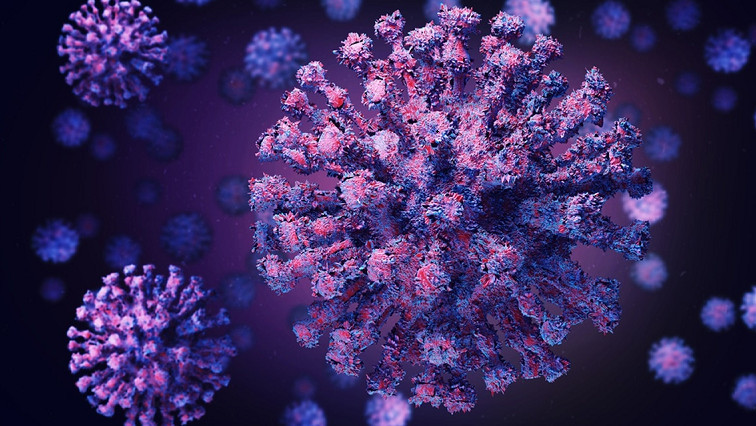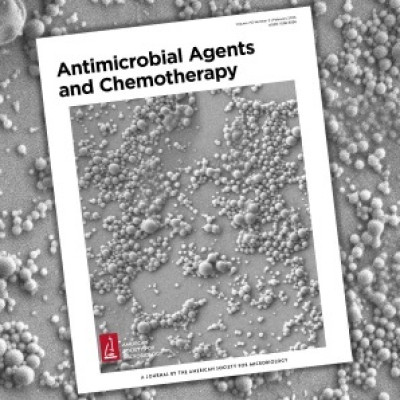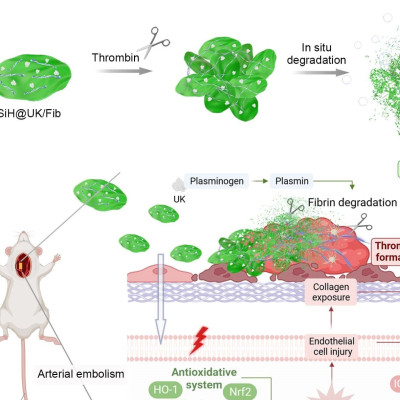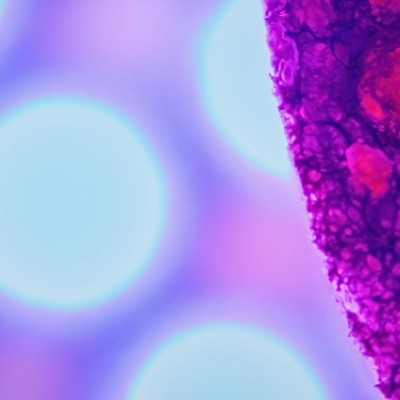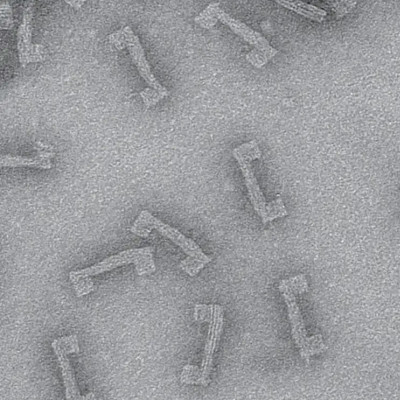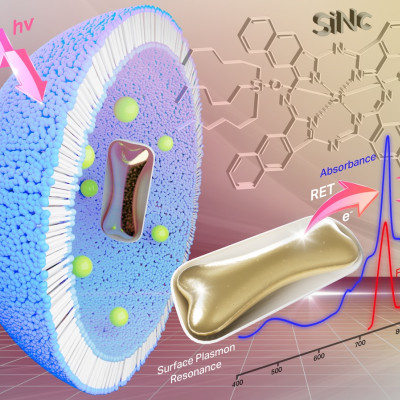Serrano and his fellow researchers from the aforementioned group have reviewed scientific literature on the antiviral activity and broad-spectrum antimicrobial properties of carbon-based nanomaterials such as fullerene, carbon dots, graphene and its by-products. In their research, they have verified that CBNs have antiviral activity against 13 positive single-stranded RNA viruses, including SARS-CoV-2.
As well as its broad-spectrum antimicrobial activity, biocompatibility, biodegradability and ability to induce tissue regeneration, the mode of action of CBNs is “mainly physical” and is characterized by a low risk of antimicrobial resistance.
COVID-19, worsened by bacteria
Research in this field is of vital importance given the urgent need for therapeutic options against Covid-19. The treatments proposed against the viral pneumonia and acute respiratory syndrome connected to this disease have heretofore shown little or no effect in clinical practice.
The situation is worsened mainly because bacterial pathogens can significantly exacerbate the pneumonia caused by this coronavirus.
Antibiotic resistance in treating the pneumonia is increasing at an alarming rate, which is why new-generation treatments such as the ones proposed in this study “can provide a lasting solution”.
Scientists from over 10 countries from around the world who are part of the SACRED (Self-Assembled COVID Research and Education Directive) consortium, which jointly works against SARS-CoV-2, have taken part in this research led by the Biomaterials and Bioengineering Laboratory of the UCV.
Read the original article on RUVID.

